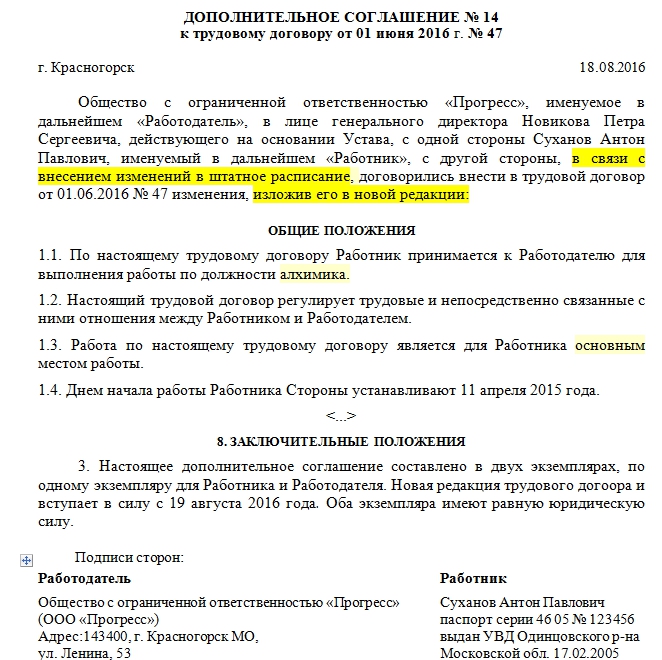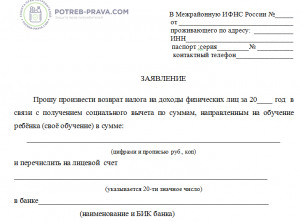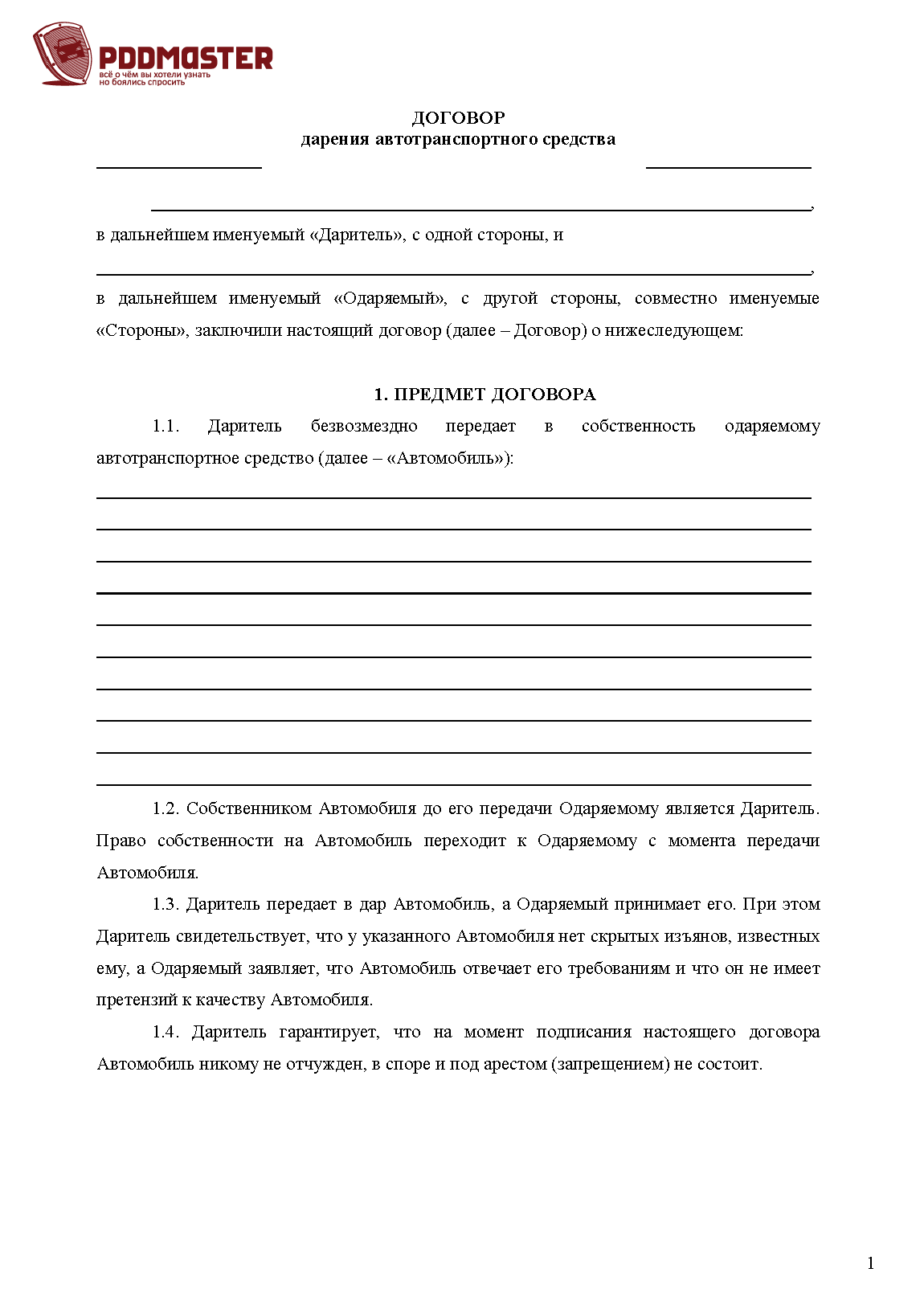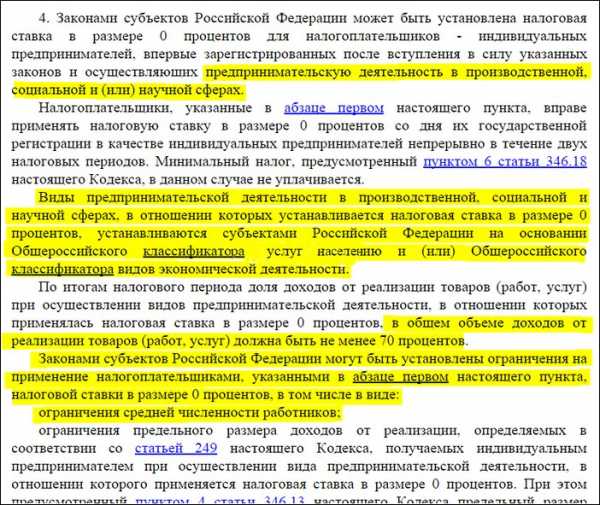Is the deportation of a citizen possible?

In order to prevent migration offences, 31 legislation provides for administrative removal as a punishment; an alternative measure of liability is a fine; in rare cases, a migrant who has committed an offence may avoid removal and pay a fine; for example, if a foreigner has committed minor offences for the first time, a fine will normally be imposed without being expelled from the Russian Federation.
VIDEO ON THEME: A Peruvian fan is deported from RussiaDear readers, our articles talk about model ways of dealing with legal issues, but each case is unique.
If you want to know,How do you solve your problem - use the form of an online consultant on the right or call the phones on the website. It's quick and free!
Contents:
Out of the country: deportation, expulsion, prohibition of entry
Such a measure was most often used as an administrative or criminal treatment of unsavory travelers or illegal migrants, and citizens of Russia, Ukraine, Belarus and other former Soviet republics should know that deportation could not be applied to a person who had violated the law of his or her home country.
Whatever the seriousness of the offence, the offender cannot be expelled from his home country, much less deprived of his nationality. Practical advice. Before issuing a visa or buying tickets to another country, we recommend that we check the existence of a ban on leaving the country. This can be done quickly, safely and online with the help of a tested service.
An uninterested driver who failed to pay a fine in time is unlikely to end up in prison, unlike an intruder who has carried dangerous substances abroad or has committed a serious accident. In the event of an illegal stay in the country, this is already a more serious offence than the previous one, but it is not usually brought to prison. If you have completed your residence permit, but you have remained in the country for some time and have not violated its laws, you will probably be allowed one or two weeks to get ready to leave on your own.
Deportation following a moderate offence committed in another country. In order to be covered by this article, it is not necessary to engage in a harmful act. Fake marriage and the provision of forged documents, as well as the concealment of information such as a visa conviction, are sufficient grounds to impose a fine. Moreover, a person convicted of such crimes is unlikely to enter the country from which he was expelled for another 10 years, and will never be granted citizenship.
Deportation following a serious crime committed abroad: a person convicted of drug trafficking, assistance to illegal migrants, counterfeitness, will be forced to serve his sentence in the country of arrival and then sent to his home country — and most likely no longer allowed to enter the country or the commonwealth of countries for at least a serious crime committed in the EU.
Deportation and prohibition of entry if there are unpaid fines. The most sneaky punishment is simply because the violation seems to be the smallest. It would seem like a scary thing about an unpaid fine? But until you bring the money into another state's treasury, you won't be allowed to enter it. Either you wait years or you pay your bills, and you will be automatically free of the ban in two or three weeks. Any of these debts may run the risk of restricting your journey abroad in a year, you may find out about the existence of the debt by means of a proven service.
This is a narrower term: expulsion is a customary term when a person has committed a crime abroad and is subject to an additional penalty other than expulsion, and the offence must not be considered as a visa violation.
In other words, a person is expelled from abroad if, for example, he has committed a hooligan act or acquired prohibited substances abroad. In some countries, such as Saudi Arabia, there are moral police, so moral crimes will also be subject to expulsion.
Deportation is recorded in the documents in the same way as deportation in the passport; if a person has served his sentence abroad and therefore has returned home after the scheduled deadline, he is stamped at the airport border.
The difference between deportation and expulsion is very different, even though it is common to speak of deportation for a serious crime and deportation because of unpaid fines, it is more appropriate to call it expulsion, and the penalty in the latter case is not so much a fine or a prison term as a ban on entering the country from years to life taboo.
Deportation is, however, primarily the process of returning a person illegally detained abroad, and expulsion is a real punishment for a crime, which can result in the deportation of the Causes, for which they can deport, as much as the laws of another State. Deportation for administrative offences is a frequent phenomenon.
Returning from a long-awaited trip earlier than planned and explaining yourself to immigration officers is certainly unpleasant, but it is not to be discouraged if a misunderstanding has happened to you once: you are unlikely to be prohibited from travelling in the future; another case, if deportation has occurred after a serious fine has been imposed on you, or even criminally prosecuted; after that, you are unlikely to be able to claim a cartoon, as well as VAW, PWD or another countrys' citizenship.
How often do you go abroad every three months?
What is deportation like it happens and its causes in 2019
Such an instrument is used when a foreign guest loses his or her legal right of residence in the Russian Federation. Migrants are forced to leave the country voluntarily or forcibly under a convoy. Deportation is not considered a punishment for a crime, but rather a State method of human influence. To deport an alien, only one condition is sufficient: there are no legal grounds for residence in Russia.
Katya Alalykina to politicians and journalists who travel to Russia for work can prohibit entry into the country, as in the case of officials from Montenegro or Norwegian journalist Thomas Nielsen, we tell them why a foreigner may be expelled from the country or prohibited from entering Russia. What, can they actually send out or ban? There are several options: a foreigner or a stateless person may deport, expel, simply prohibit entry into Russia.
Who and for what could they deport from Russia?
This measure is most often applied as an administrative or criminal offence against unattractive travellers or illegal migrants. Citizens of Russia, Ukraine, Belarus and other former Soviet republics should know that deportation cannot be applied to a person who has violated the law of their home country. No matter how serious an offence, the offender cannot be expelled from his home country, much less deprived of his nationality. Practical advice. Before issuing a visa or buying tickets to another country, it is recommended to verify the existence of a ban on leaving the country. This can be done quickly, safely and online with the help of a proven service. An unsavory driver who failed to pay a fine in time is unlikely to find himself in prison, unlike the offender who has carried dangerous substances abroad or has committed a serious accident. In the case of illegal stay in the country.
Deportation
The main reason for reducing the time limit is that an alien has committed administrative offences or offences, in which case he must leave the country within three days; a residence permit or a temporary residence permit has been revoked; the country should be left within 15 days.
To stay in Russia: When a migrant is not deported for violations of the Model: Law, but is all violations serious enough to be punished? The Supreme Court is guiding against the formal evaluation of the case. What are the circumstances in favour of and against the migrant, as explained in several Supreme Court cases, where the positions of the Constitutional Court and the European Court of Human Rights apply.
Deportation from Russia
The placement of a foreign national subject to deportation in a special institution for a period not exceeding forty-eight hours is effected by a federal executive authority in the field of internal affairs or by its territorial authority on the basis of a decision of the head of the said federal body or its deputy or the head of the relevant territorial body of the federal executive body in the field of internal affairs or its deputy, except as provided for in paragraph 9.
.
Deportation and expulsion
.
.
St. Petersburg Migration Forum
.
.
.
.
.
.








 0
0









It is dedicated to all those who have waited for a good quality.